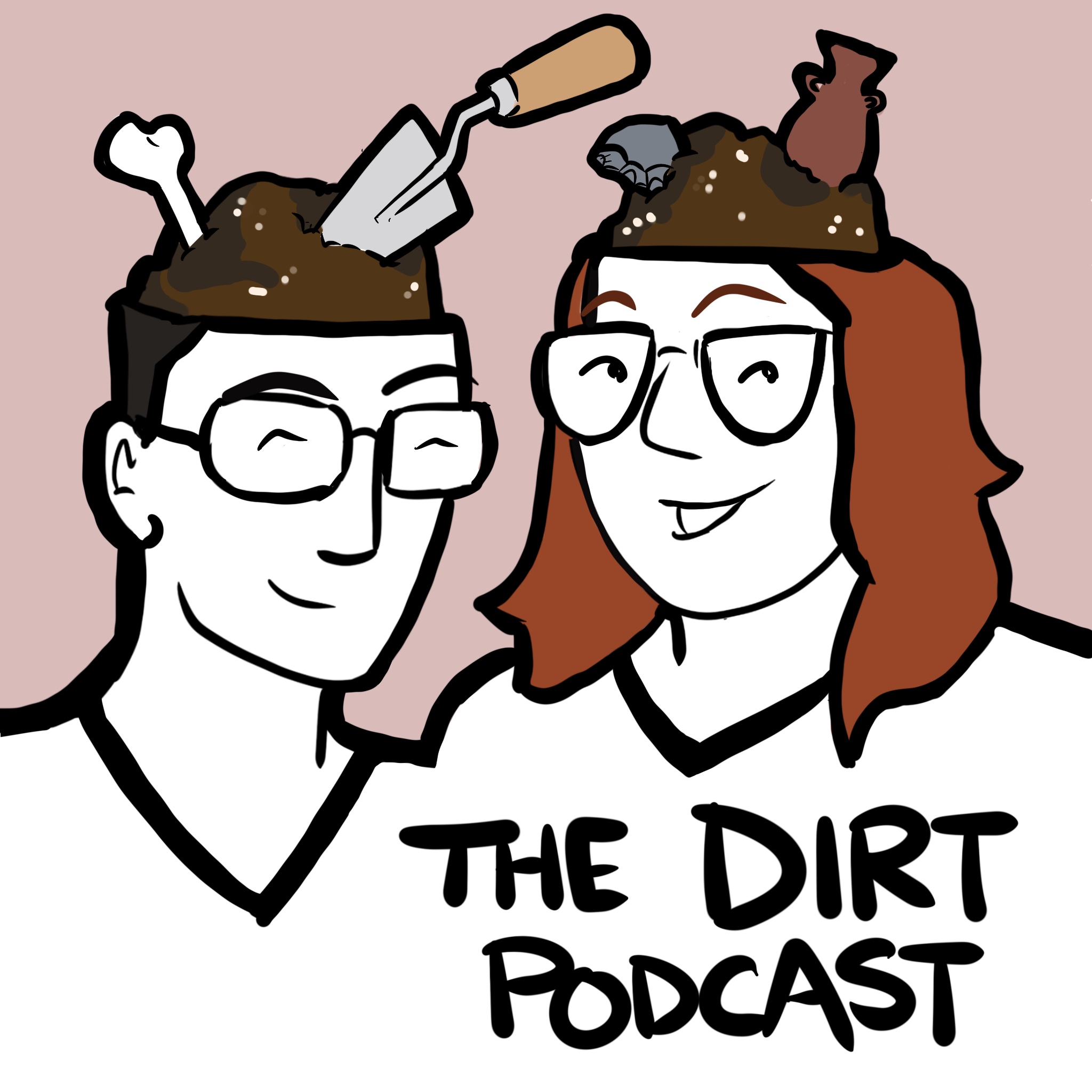Episode 139
Welcome to Lemurtown - Ep 139
Listeners, once again, life has come at us like a poorly written simile, so we're releasing a previous Patreon episode. And once again, we are so deeply grateful for your patience and support. Thank you for sticking with us. As an extension of March Madagascarness, we head back to the island with our (ill-fitting) primatology hats on. Anna put together a fun script about giant extinct lemurs, tiny not-extinct lemurs, and even creepy aye-aye fingers, but somehow Amber managed to have a full on meltdown about a lemur named Maki.
Links
- Graveyard of Giant Lemurs Discovered Underwater in Madagascar (National Geographic)
- Human population boom led to Madagascar’s megafauna extinction: Study (Mongabay)
- A new interpretation of Madagascar's megafaunal decline: The “Subsistence Shift Hypothesis” (Journal of Human Evolution)
- The Aye-Aye and the Finger of Death (Pacific Standard)
- Scientists Discover New Species of Mouse Lemur (SciNews)
- Lemur Missing, Possibly Stolen, From San Francisco Zoo (NPR)
- ‘There’s a lemur!’ 5-year-old helps crack SF Zoo theft case (AP)
Contact
- Email the Dirt Podcast: thedirtpodcast@gmail.com
Affiliates

